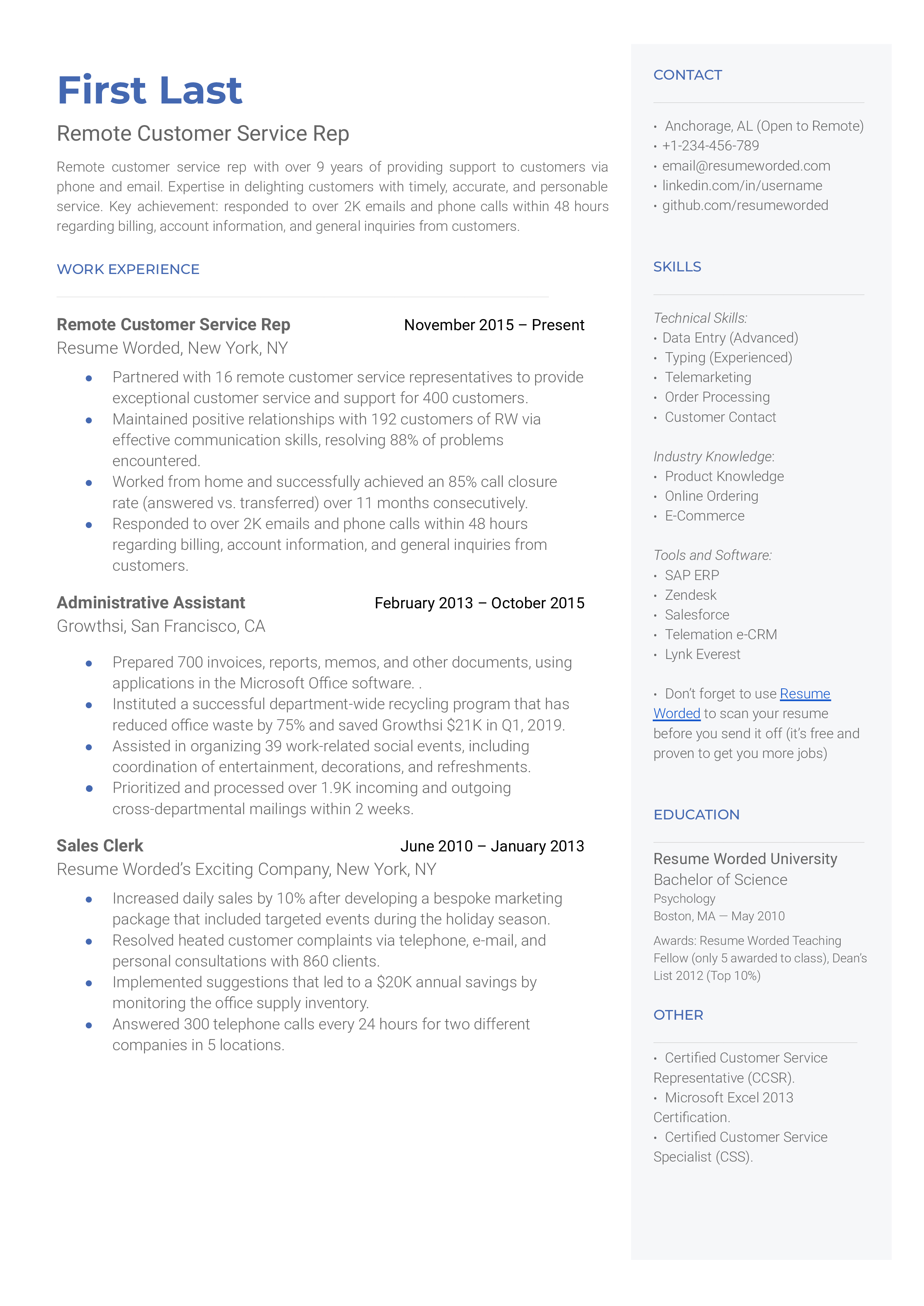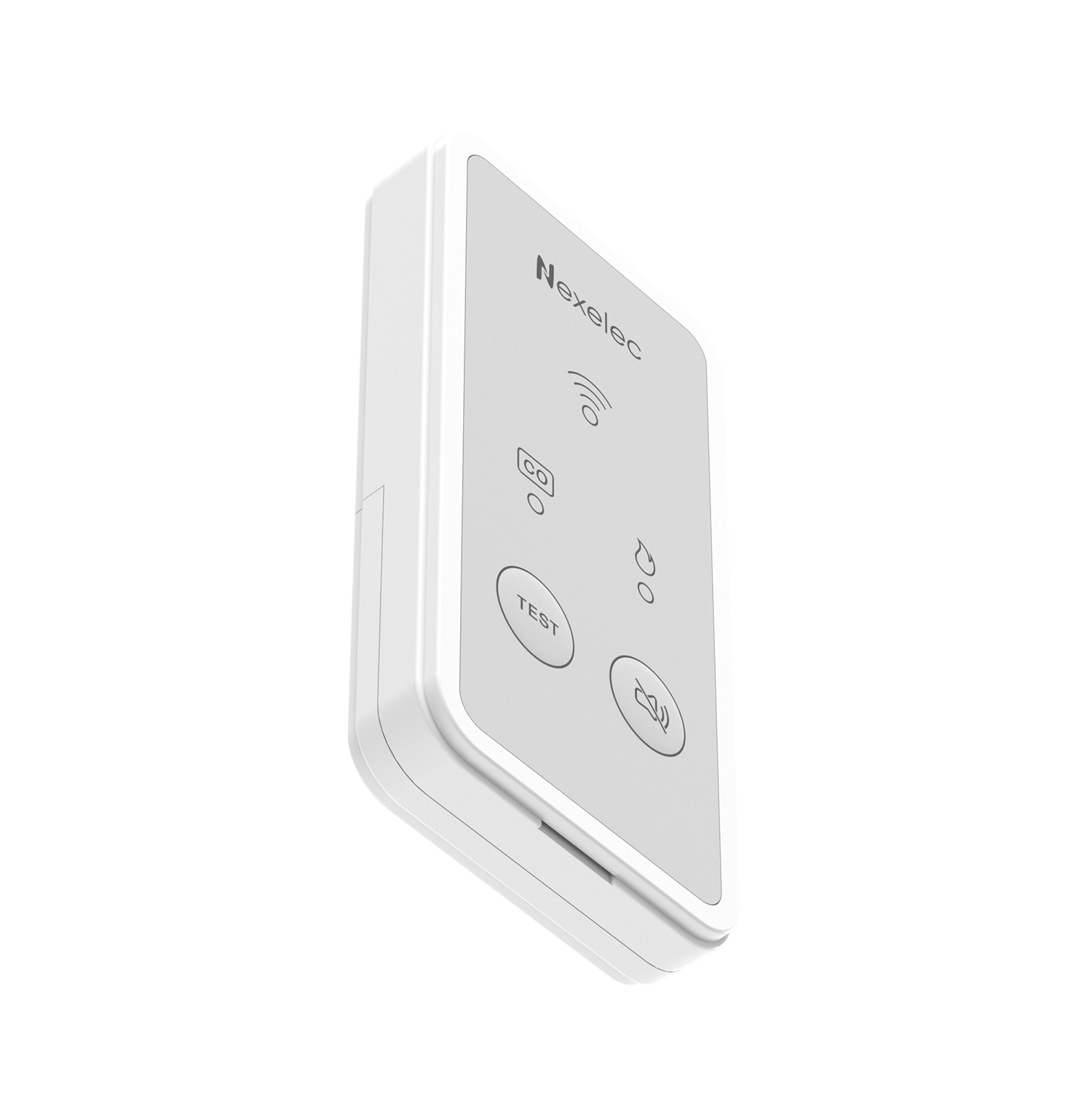In today's rapidly evolving digital landscape, managing data processing tasks efficiently is crucial for businesses of all sizes. RemoteIoT batch job example remote AWS has emerged as a powerful solution for automating and streamlining batch processing tasks in the cloud. By leveraging the capabilities of AWS, organizations can optimize their workflows and enhance operational efficiency.
As more companies transition to remote operations and cloud-based solutions, understanding how to implement batch jobs using RemoteIoT on AWS becomes increasingly important. This article aims to provide an in-depth exploration of RemoteIoT batch job examples, focusing on AWS services and best practices to ensure seamless execution.
Whether you're a developer, IT professional, or business owner looking to enhance your data processing capabilities, this guide will equip you with the knowledge and tools necessary to implement effective batch jobs using RemoteIoT on AWS. Let's dive in.
- Bollyflix Old Movie Your Ultimate Destination For Nostalgic Bollywood Cinema
- Hdb4uhub A Comprehensive Guide To Your Housing Needs
Table of Contents
- Introduction to RemoteIoT Batch Job Example on AWS
- What is RemoteIoT?
- Benefits of Using AWS for RemoteIoT Batch Jobs
- Setting Up a RemoteIoT Batch Job on AWS
- Common Use Cases for RemoteIoT Batch Jobs
- Best Practices for RemoteIoT Batch Jobs on AWS
- Troubleshooting Common Issues
- Performance Optimization Techniques
- Security Considerations for RemoteIoT Batch Jobs
- Future Trends in RemoteIoT Batch Processing
Introduction to RemoteIoT Batch Job Example on AWS
RemoteIoT batch job example remote AWS is a cutting-edge solution designed to simplify the process of handling large-scale data processing tasks. By integrating IoT devices with AWS cloud services, organizations can achieve greater flexibility and scalability in their operations.
Batch processing involves executing a series of tasks automatically, often involving large datasets. AWS provides robust infrastructure and tools to support RemoteIoT batch jobs, ensuring efficient resource utilization and minimal downtime. Understanding the fundamentals of RemoteIoT and its integration with AWS is essential for maximizing its potential.
What is RemoteIoT?
RemoteIoT refers to the use of Internet of Things (IoT) technology in remote environments. It enables devices to communicate and exchange data over the internet, even in areas with limited connectivity. RemoteIoT solutions are widely used in industries such as agriculture, manufacturing, and healthcare to monitor and control equipment remotely.
- Hd Hub B4 U Your Ultimate Guide To Highdefinition Streaming And Entertainment
- Hdforhub 4u Your Ultimate Guide To Highquality Entertainment
Key Features of RemoteIoT
- Data collection from remote sensors
- Real-time monitoring and analysis
- Integration with cloud platforms
- Scalability and flexibility
Benefits of Using AWS for RemoteIoT Batch Jobs
AWS offers numerous advantages for implementing RemoteIoT batch jobs. Some of the key benefits include:
Scalability
AWS allows you to scale your resources up or down based on demand, ensuring optimal performance and cost efficiency.
Reliability
With AWS's global infrastructure, you can ensure high availability and minimal downtime for your RemoteIoT batch jobs.
Security
AWS provides advanced security features to protect your data and ensure compliance with industry standards.
Setting Up a RemoteIoT Batch Job on AWS
Setting up a RemoteIoT batch job on AWS involves several steps. Below is a step-by-step guide to help you get started:
Step 1: Create an AWS Account
Sign up for an AWS account if you don't already have one. This will give you access to the necessary services for implementing RemoteIoT batch jobs.
Step 2: Configure IoT Devices
Set up your IoT devices to connect to the AWS cloud. This may involve installing necessary software and configuring network settings.
Step 3: Set Up Batch Processing
Use AWS Batch or AWS Lambda to define and execute your batch jobs. Configure the necessary parameters, such as input data sources and output destinations.
Common Use Cases for RemoteIoT Batch Jobs
RemoteIoT batch jobs on AWS can be applied in various industries and scenarios. Some common use cases include:
Data Analysis
Process large datasets collected from IoT devices to extract valuable insights and drive decision-making.
Automation
Automate routine tasks, such as data backups and system updates, to reduce manual intervention and improve efficiency.
Predictive Maintenance
Analyze sensor data to predict equipment failures and schedule maintenance proactively, minimizing downtime.
Best Practices for RemoteIoT Batch Jobs on AWS
To ensure successful implementation of RemoteIoT batch jobs on AWS, consider the following best practices:
Optimize Resource Allocation
Allocate resources efficiently to avoid over-provisioning and reduce costs.
Monitor Performance
Regularly monitor the performance of your batch jobs to identify and address any issues promptly.
Implement Security Measures
Adopt best security practices, such as encryption and access controls, to safeguard your data and systems.
Troubleshooting Common Issues
While implementing RemoteIoT batch jobs on AWS, you may encounter certain challenges. Below are some common issues and their solutions:
Connection Problems
If your IoT devices fail to connect to AWS, check your network settings and ensure proper configuration.
Processing Errors
Review your batch job configurations and input data to identify and resolve any processing errors.
Performance Optimization Techniques
Optimizing the performance of RemoteIoT batch jobs on AWS can significantly improve efficiency and reduce costs. Consider the following techniques:
Parallel Processing
Break down large tasks into smaller ones and process them simultaneously to speed up execution.
Use of Caching
Implement caching mechanisms to store frequently accessed data, reducing the need for repeated processing.
Security Considerations for RemoteIoT Batch Jobs
Security is a critical aspect of implementing RemoteIoT batch jobs on AWS. Below are some key considerations:
Data Encryption
Encrypt sensitive data both in transit and at rest to protect it from unauthorized access.
Access Control
Implement strict access controls to ensure only authorized personnel can access and modify your batch jobs.
Future Trends in RemoteIoT Batch Processing
The field of RemoteIoT batch processing is continually evolving, with new trends emerging to enhance capabilities and efficiency. Some future trends to watch include:
Edge Computing
Edge computing allows data processing to occur closer to the source, reducing latency and improving performance.
Artificial Intelligence
AI technologies can be integrated into RemoteIoT batch jobs to enable advanced analytics and automation.
Kesimpulan
RemoteIoT batch job example remote AWS offers a powerful solution for automating and optimizing data processing tasks. By leveraging the capabilities of AWS, organizations can achieve greater efficiency, scalability, and security in their operations. Understanding the fundamentals, best practices, and future trends in RemoteIoT batch processing is essential for success.
We encourage you to apply the knowledge gained from this article to enhance your RemoteIoT batch job implementations on AWS. Feel free to share your thoughts and experiences in the comments section below. Additionally, explore other articles on our site for more insights into cloud computing and IoT technologies.
- Securely Connect Remote Iot P2p Raspberry Pi Download Mac Free
- Which Bee Gee Killed Himself In The 70s Unveiling The Truth Behind The Misconception


